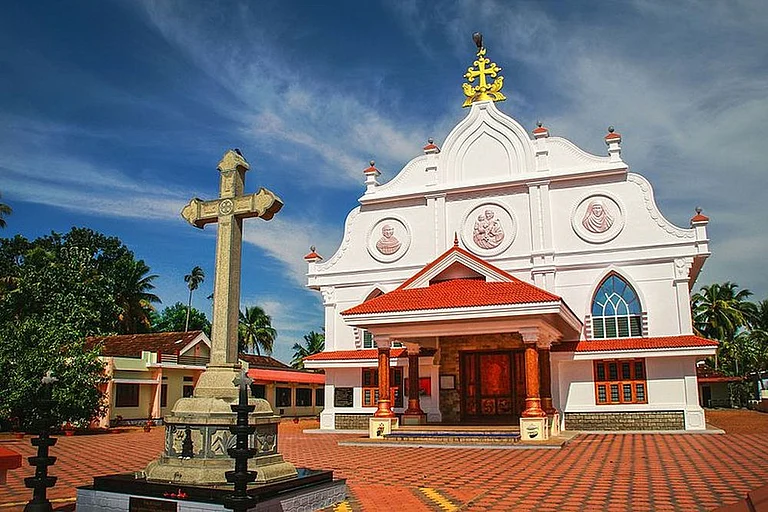
Summary of this article
The Catholic Church in Kenya has introduced a new altar wine, branded as “Mass Wine,” which must carry the KCCB coat of arms and the chairman’s signature to ensure its authenticity and sacred purpose.
The decision follows concerns that the previous altar wine was being sold in shops, bars, and restaurants, blurring the line between sacred and secular use.
The new wine will be produced in South Africa, certified for Holy Communion, and will not be available for retail sale, safeguarding the sanctity of the Eucharist.
The Catholic Church in Kenya has introduced a new altar wine after church officials discovered that the previous variety was being sold in local shops.
Wine used for Mass in Kenya must now bear the coat of arms of the country’s bishops, the chairman of the Kenya Conference of Catholic Bishops (KCCB) announced on October 4.
“It has become common that, unfortunately, the former wine is readily available in secular outlets and bars,” said Archbishop Anthony Muheria of Nyeri.
The new wine will be produced in South Africa at Lutzvile Vineyards and will feature the coat of arms of the KCCB. It will not be available for retail sale. “This assures purity from the source,” Archbishop Muheria said.
The directive, announced on the Feast of St Francis of Assisi, brings an end to a period during which consecrated wine was found being served in bars, hotels, and supermarkets, according to BBC World.
“This is the only wine to be used in Holy Mass throughout Kenya,” Archbishop Muheria told pilgrims. “The faithful should ensure that the bottle they see on the altar bears both the bishops’ insignia and the chairman’s signature. This guarantees its authenticity and sacred purpose.”
According to Kenyan Diaspora Media, the KCCB has the authority to certify certain wines as suitable for Holy Communion, specifying that sacramental wine must be made from “natural and pure grapes”. The new wine will be branded as “Mass Wine”.
Behind this decision lies both a practical and pastoral concern: the need to protect the sanctity of the Eucharist in a context where the line between the religious and the secular can sometimes blur. For years, a locally produced altar wine—originally intended solely for liturgical use—had found its way into liquor shops and restaurants, diminishing its spiritual significance.
Dial a Drink Kenya, an alcohol delivery service, currently lists two brands of altar wine for sale—one from Cyprus and another from Tanzania—priced at 2,200 and 1,799 Kenyan Shillings respectively.























